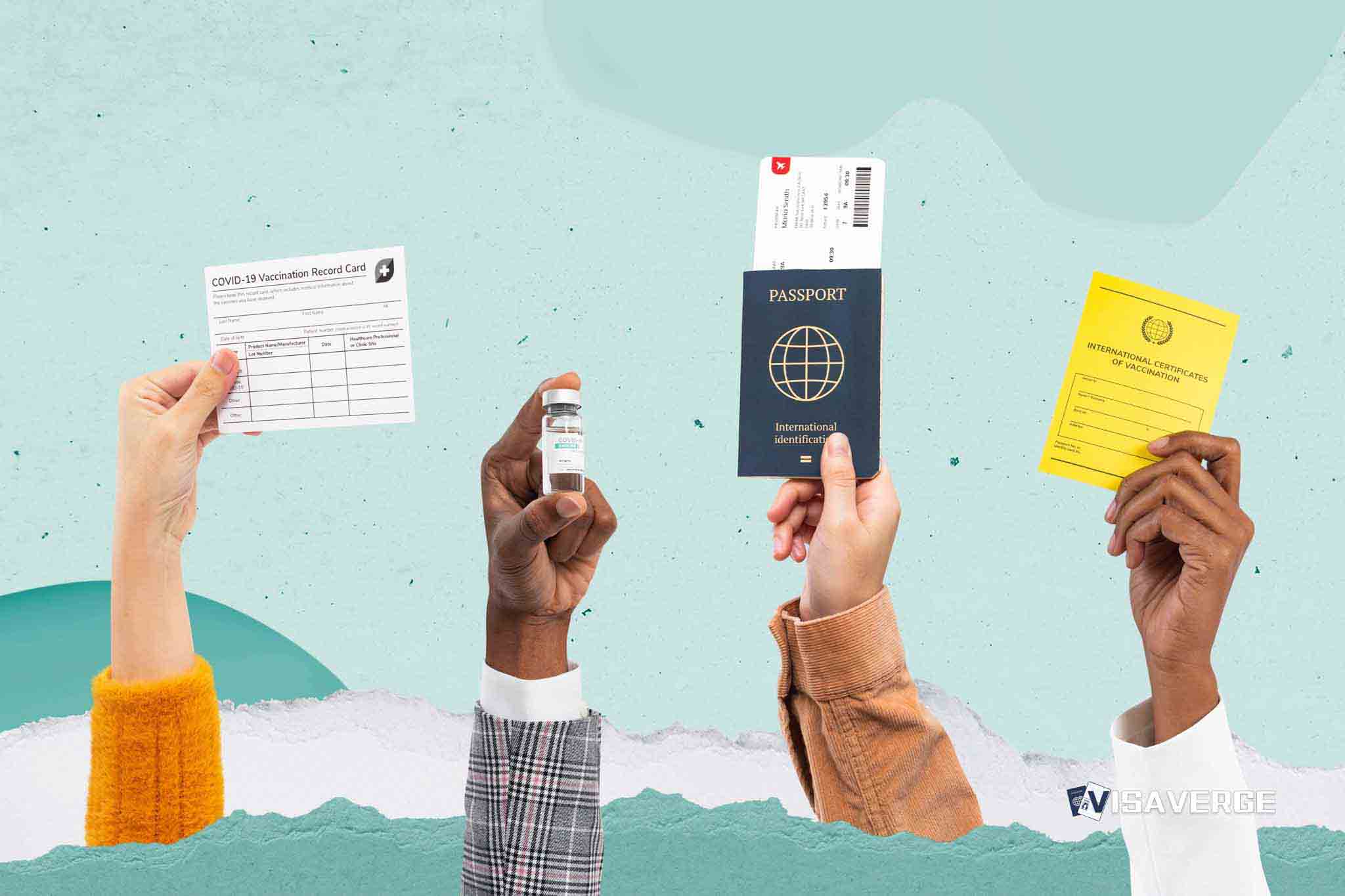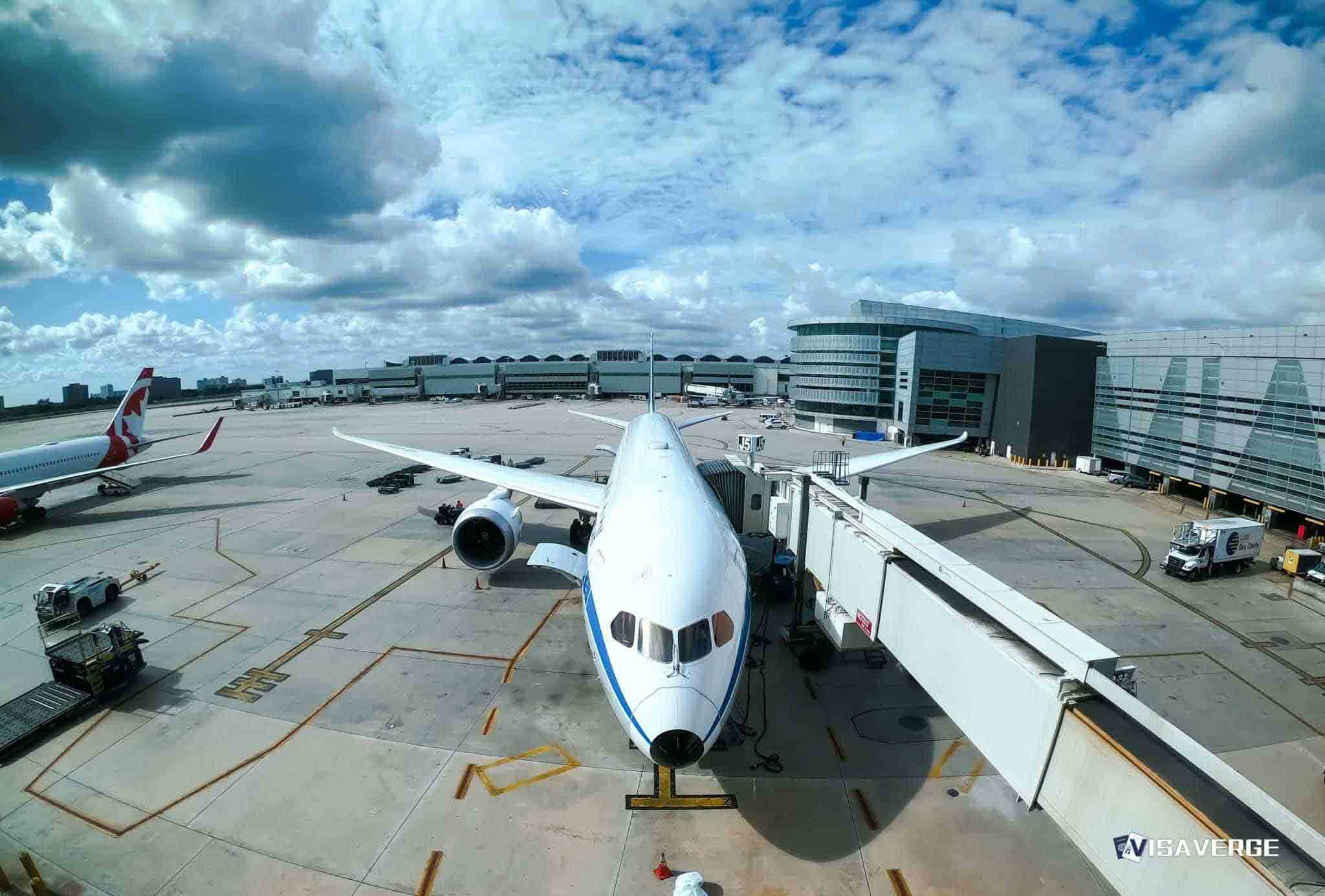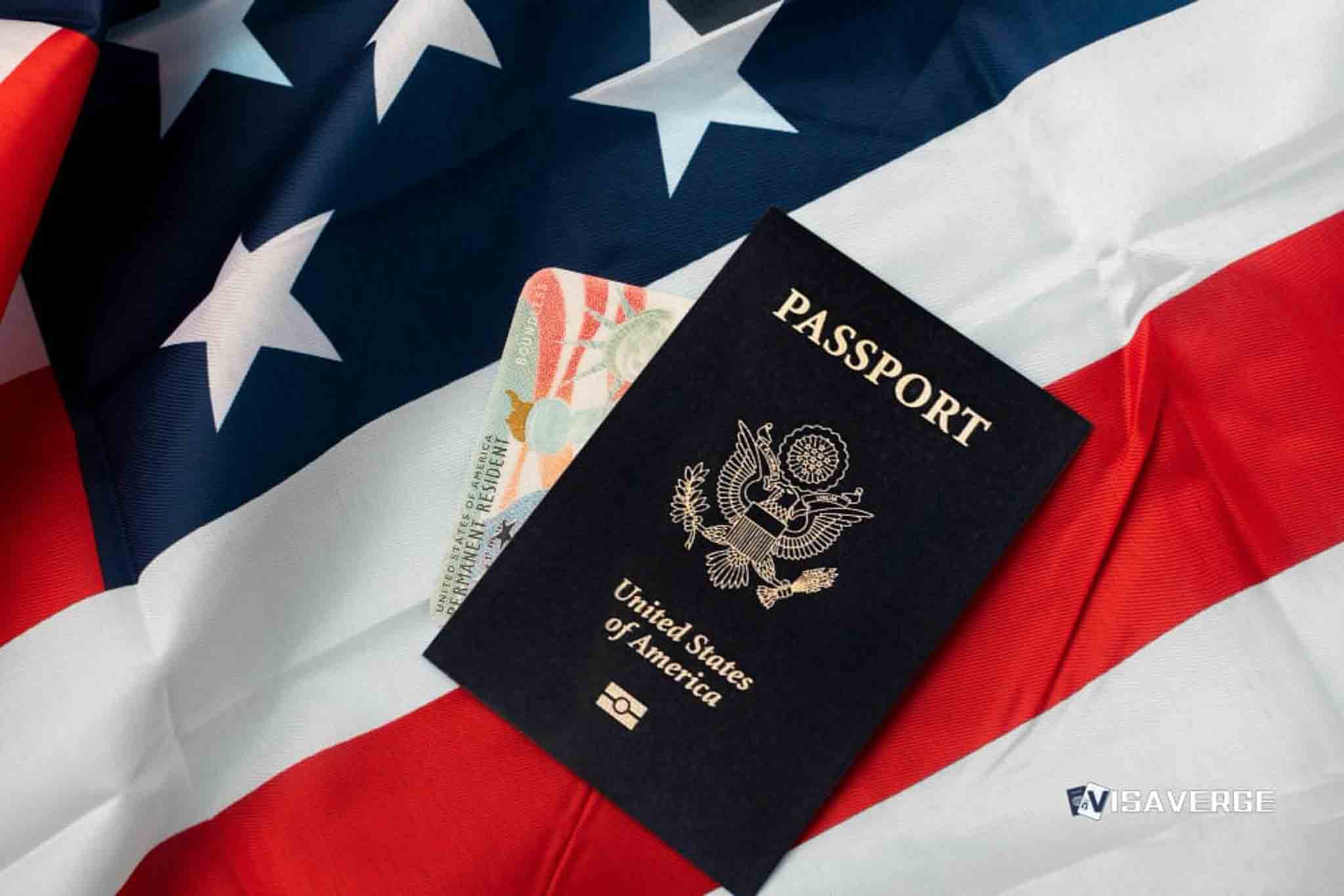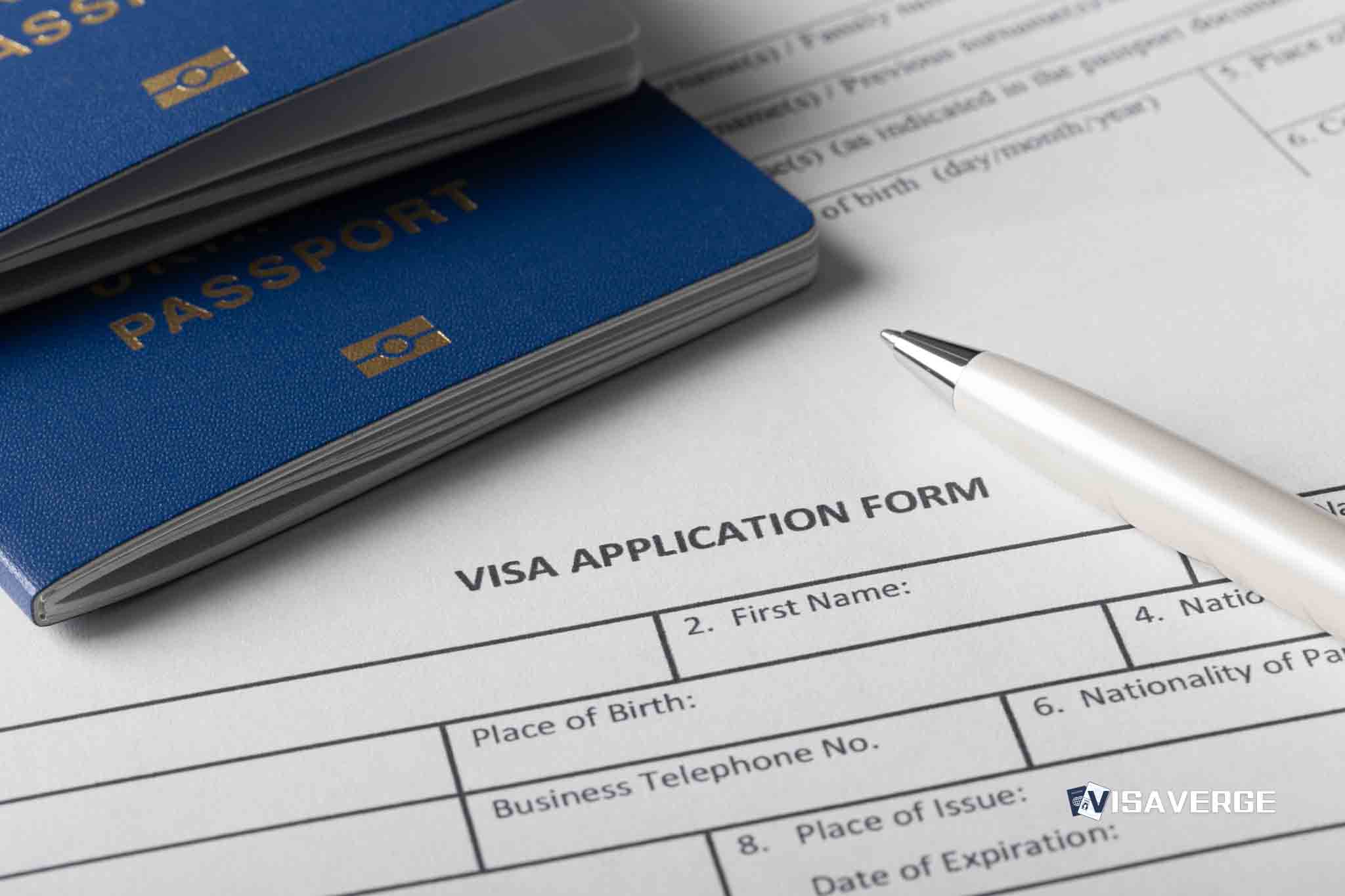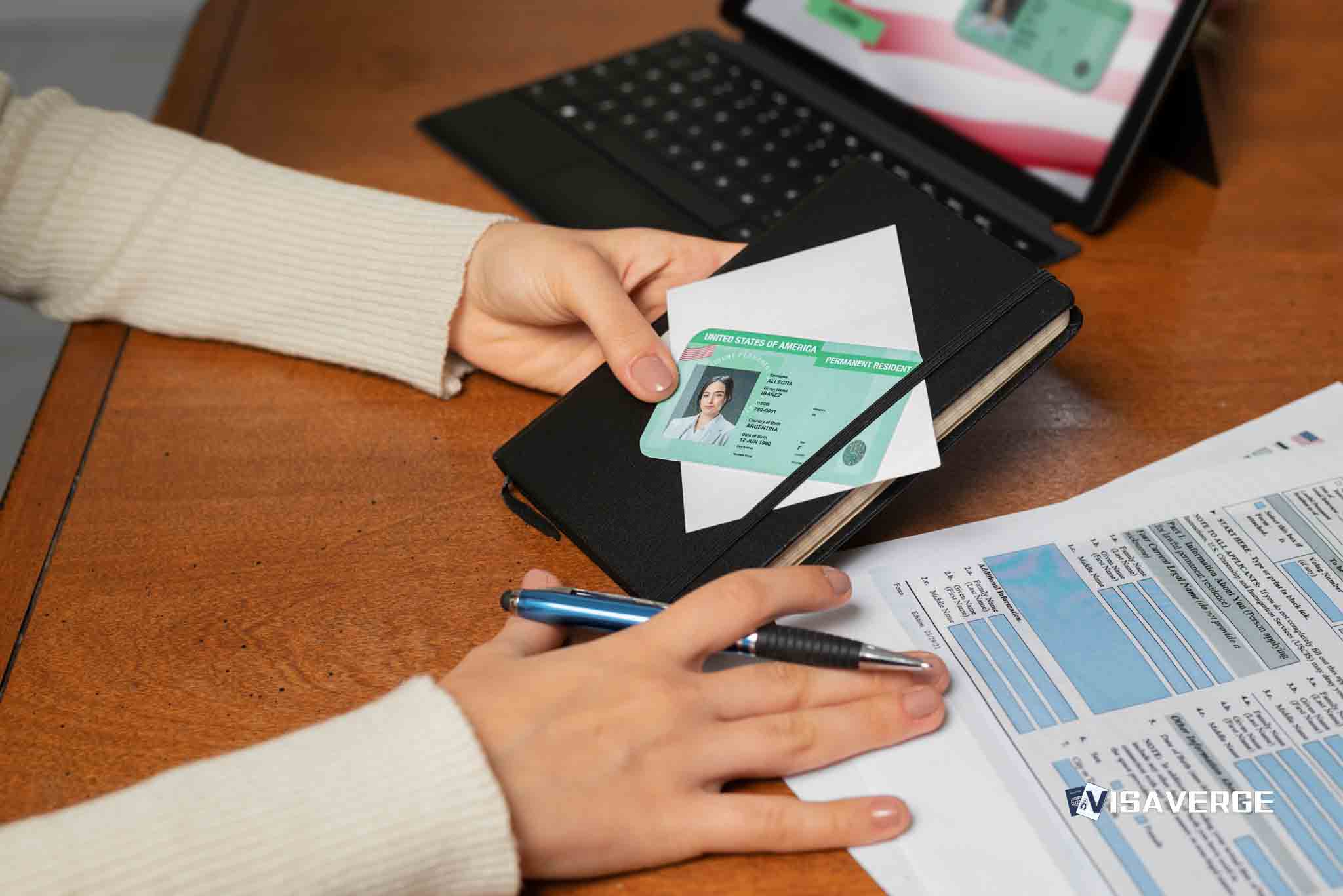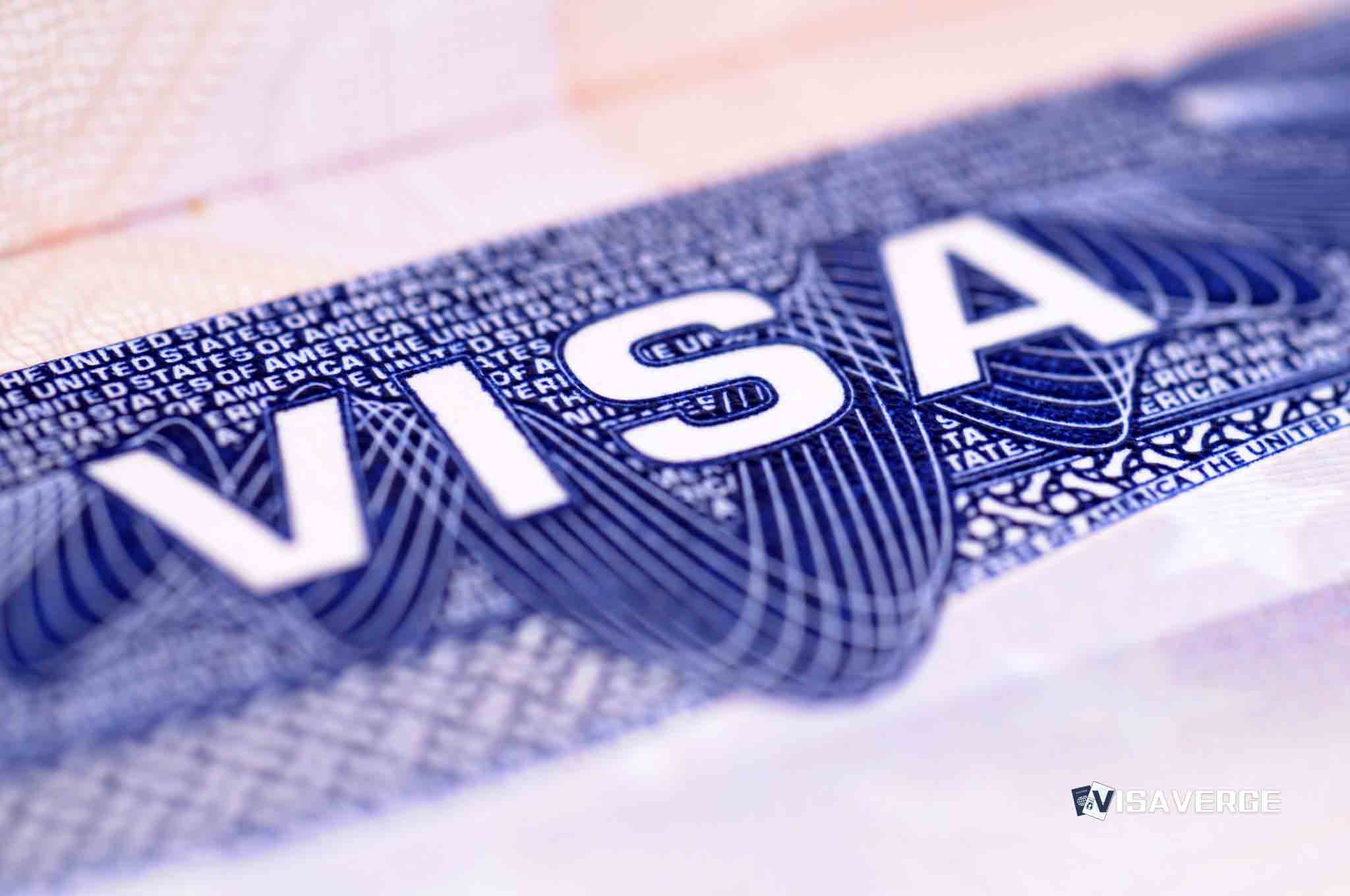Egypt has moved to speed up and simplify entry for foreign visitors by rolling out an expanded national e-visa system, promising faster approvals and shorter queues at airports ahead of an expected tourism surge in late 2025. The upgraded electronic visa platform, available through the official portal visa2egypt.gov.eg, allows most tourists to complete an Online Application before they travel, instead of visiting an embassy or applying on arrival.
Officials say the system, which now covers all major ports of entry, is meant to make trips smoother for holidaymakers and business travelers while supporting government plans to draw millions more tourists in the coming years.

Background and policy drivers
The overhaul follows months of internal work to integrate Egypt’s older visa tools into a single electronic platform and to prepare for the opening of the Grand Egyptian Museum, a flagship project expected to attract large numbers of first‑time visitors.
Prime Minister Mostafa Madbouly has placed the e-visa expansion high on the cabinet’s tourism agenda, with ministers repeatedly reviewing technical progress and airport readiness in meetings through November 2025. According to analysis by VisaVerge.com, the move brings Egypt closer to regional competitors that already rely on pre-travel online systems to reduce pressure on passport control counters and improve the first impressions of arriving tourists.
How the new e-visa works
Under the updated rules, most foreign nationals who previously had to stand in line for a sticker visa can instead apply for an e-visa from home, uploading a copy of their passport and paying the fee online by card.
Key timing and validity:
– Standard processing: usually within 7 working days.
– Expedited track: decision in 5–7 working days.
– Emergency cases: sometimes processed within 24 hours.
– Single-entry e-visa: normally valid for 90 days, allowing a 30-day stay.
– Multiple-entry e-visa: validity up to 180 days, with stays of up to 30 days each entry.
The government says eligibility for the electronic system now covers citizens of most countries who previously required visas, excluding only those who already enjoy visa-free access under bilateral arrangements.
Application requirements and practical advice
Applicants must:
– Hold a passport valid for at least six months beyond the planned entry date.
– Upload the passport information page and pay the fee online by card.
– Ensure names, passport numbers, and travel dates on the e-visa match tickets and ID exactly.
Officials warn carriers may deny boarding to travelers who do not meet the passport validity requirement. Families and tour groups can submit separate Online Application forms but travel together on the same dates — a feature intended to help tour operators bringing large groups for Nile cruises and Red Sea holidays.
The government urges prospective visitors to apply at least one week before travel, despite published processing times being shorter, to allow time for questions about documents or payment. Errors (for example, a wrong passport number) can require resubmitting and repaying for a fresh request.
On-arrival emergency e-visa option
To accommodate short‑notice travelers or those facing technical issues, Egypt has introduced an emergency electronic visa on arrival at major airports and border crossings.
- Passengers can submit key data electronically on arrival instead of filling paper forms after landing.
- They receive a digital authorization linked to their passport.
- Authorities describe this on-arrival option as a backup, and still strongly urge visitors to secure an e-visa in advance when possible.
This approach aims to shorten queues, especially during peak seasons when charter flights arrive in quick succession.
Airport infrastructure and security checks
At Cairo International Airport and other major hubs, Egypt has invested in infrastructure to support the electronic rollout:
– Dedicated lanes and digital kiosks for passengers holding an approved e-visa.
– Border officers scan printed visa approvals alongside passports to verify that system data matches the traveler at the counter.
– The centralized platform at visa2egypt.gov.eg allows authorities to review applications in advance and flag cases needing extra checks before arrival.
Officials say the aim is not only to cut waiting times but also to strengthen security by checking data earlier — before passengers board flights.
Benefits for travelers
For tourists, the clearest benefits are convenience and predictability:
– Complete the process from home or office at any hour.
– One Online Application covers personal and passport details, a passport photo upload, and online payment.
– Applicants receive email updates as the case moves through review.
– Once approved, the e-visa arrives by email as a document that authorities strongly advise printing and carrying in hand luggage for presentation at passport control.
Industry observers see the reforms as part of a broader push to make Egypt more accessible at a time when visa hurdles remain a significant factor in destination choice.
Administrative design and border management
Unlike some countries that require long forms or many supporting documents, Egypt’s e-visa focuses on a short list of standard questions and a limited number of uploads (mainly the passport information page). This is intended to:
– Reduce confusion.
– Encourage accuracy over volume of documents.
Border security officials will rely on the centralized database behind visa2egypt.gov.eg to carry out risk assessments, rather than forcing frontline officers to make rapid decisions using only paper forms during busy arrival waves.
Remaining obligations and enforcement
Despite the digital process, core entry conditions remain unchanged:
– Tourists must respect the 30-day stay limit tied to their e-visa and leave or renew status before it expires.
– Overstaying can result in fines or future travel complications, even if entry was electronic.
– The e-visa does not replace the passport; travelers must present both a valid passport and the printed e-visa at immigration.
– Airlines are required to verify prior authorization and may refuse boarding to passengers who need an e-visa but lack approval.
Ensure your passport is valid for at least six months and matches the e-visa application exactly. Mismatches or short validity can lead to boarding denial or the need to resubmit and repay.
Strategic context and outlook
Officials present the e-visa platform as one piece of a larger tourism strategy, rather than a standalone fix. Placing visa processing at the center of that strategy signals the importance Egypt attaches to visitors’ first contact with the country.
If the Online Application on visa2egypt.gov.eg works as planned, many future tourists may form their first impression of Egypt not at a crowded airport desk, but on a streamlined website at home.
Travel agents say a digital system that lets tourists handle formalities before packing can be the deciding factor between choosing Egypt and opting for another destination. If effectively implemented, the e-visa expansion could improve arrivals experience and help convert international interest—particularly around the Grand Egyptian Museum—into booked trips.
Egypt has rolled out an expanded national e-visa via visa2egypt.gov.eg, covering major ports and promising standard processing within seven working days, with expedited and emergency options. Travelers upload passport details, pay online, and print emailed approvals. Airports add dedicated lanes and kiosks to reduce queues and enable pre-arrival checks. Core entry rules—passport valid six months, 30-day stay limit, and presenting printed e-visa—remain. Authorities urge applying at least one week before travel to avoid resubmission and boarding denials.



